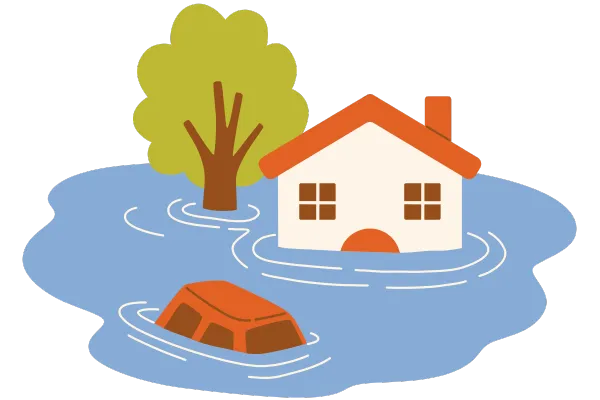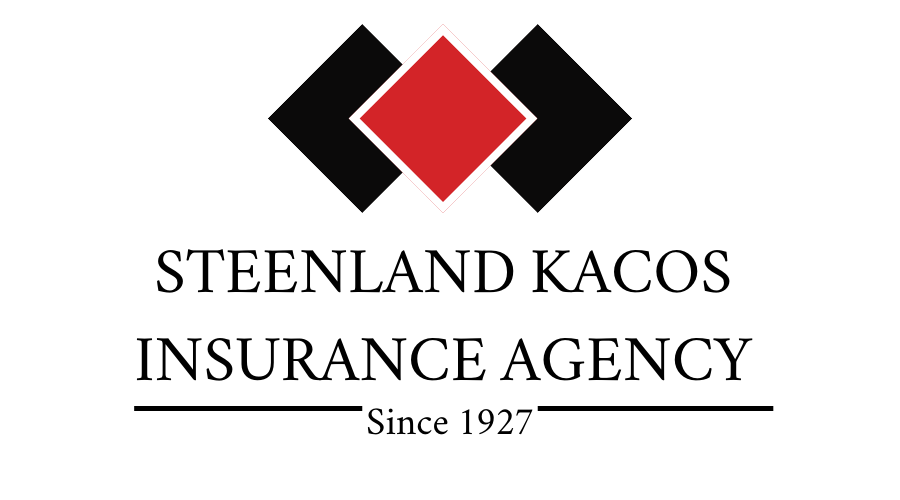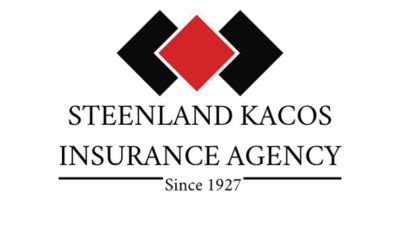Steenland Kacos Insurance Blog

Flooding vs. Water Damage
Overview
With the recent rains and hurricane season in full swing, now is a great time to talk about the difference between flooding and water damage—and why some water-related damage is covered by your insurance while flooding is not.
As many people discover (either from their agent or through experience), flooding is an excluded loss under standard home insurance policies. But why is that, and why are some types of water damage still covered?
Why isn’t flooding covered?
Flooding is excluded because of the potential for widespread damage. If a storm causes flooding and multiple homes in an area are affected, the losses could be so significant that they could overwhelm an insurance company’s funds. This is why most insurers refer you to the National Flood Insurance Program (NFIP) for flood coverage, as it is a separate type of protection specifically for floods.

What types of water damage are covered?
On the other hand, certain water damage—like a burst pipe or a leaky water heater—is often covered by home insurance. Other examples include water damage from a tree falling on your home during a storm or the bath tub is collogued and the water spills over the edge and causes damage to parts of the home. The key difference is that these situations are individual incidents rather than widespread events affecting many homes at once. A pipe bursting in one home, for example, wouldn’t cause damage to all the homes in the area.
Why understanding your policy is crucial
It’s important to review your home insurance policy to understand what is and isn’t covered. Knowing your coverages can help you navigate unexpected losses and ensure that your home is adequately protected.
FAQS
How does auto insurance work?
Auto insurance protects you financially by covering the costs of damage or injuries from a vehicle accident or theft. It is a contract between you and the insurance company, where you agree to pay the premium, and the insurance company agrees to pay your losses as defined in your policy.
What is umbrella insurance?
Umbrella insurance provides additional liability coverage above the limits of your homeowners, auto, and boat insurance policies. It kicks in when the liability on these other policies has been exhausted, offering an extra safety net of protection.
Why do I need liability insurance on my policy?
Liability insurance is critical because it covers legal costs and payouts for which you are found legally responsible. Without it, you could be faced with paying out of pocket for costly damages or medical bills.
How can I save on home insurance?
Maximizing savings on home insurance can be achieved by comparing policies, increasing deductibles, and ensuring your home has up-to-date safety features. Regular reviews of your policy can also uncover other potential savings.
What factors affect my auto insurance rates?
Several factors can affect your rates, including your age, driving history, and the type of vehicle you drive. Rates are also impacted by where you live, as different areas have varying risks of theft and accidents.



